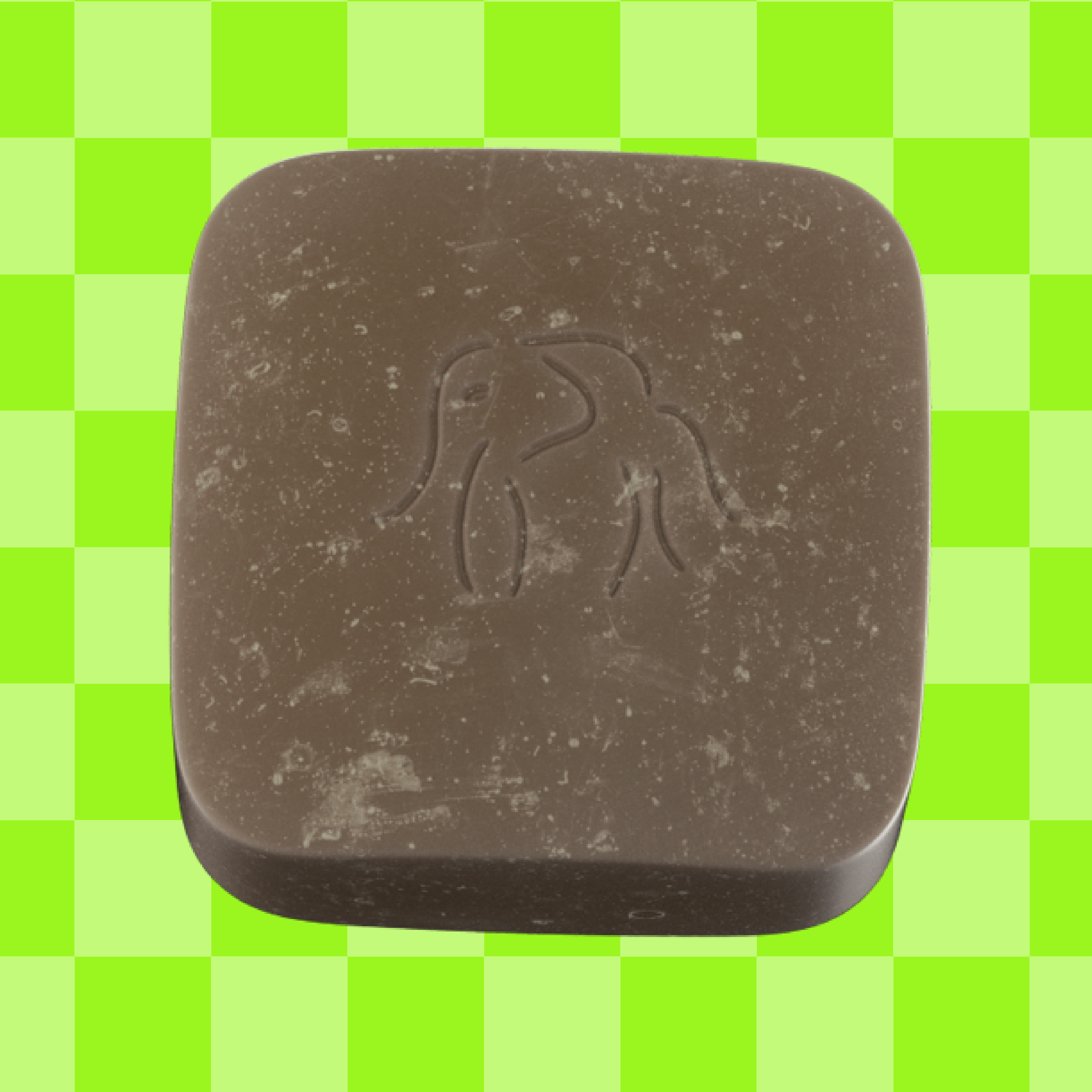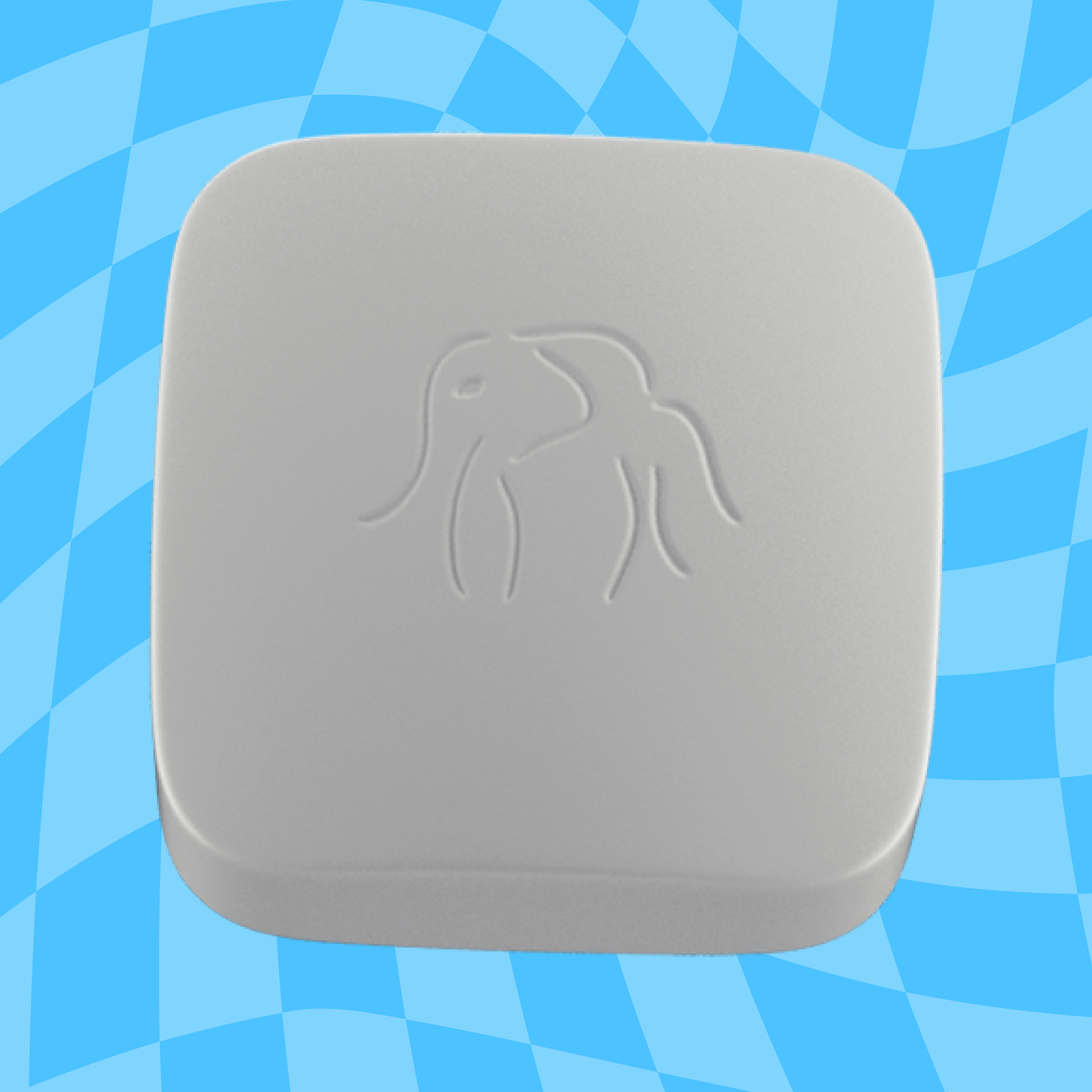What to Know About Hyaluronic Acid

What to Know About Hyaluronic Acid
APRIL 05, 2022
Hyaluronic acid is a skincare hydration powerhouse. It’s an amazing ingredient that’s a whiz at plumping up dehydrated skin, and here’s why: Hyaluronic acid can carry up to 6,000 times its weight in water.
But there’s a hitch. The molecules are too big to penetrate the skin’s surface, and even though hyaluronic acid still has some benefit without penetrating skin, its potential isn’t fully reached as a water-boosting and skin-soothing ingredient. That’s where sodium hyaluronate comes in. Sodium hyaluronate is the salt of hyaluronic acid.
Hyaluronic acid can carry up to 6,000 times its weight in water.
It’s a smaller molecule with a more bioavailable structure that can easily penetrate the skin, so your skin reaps all the benefits of hyaluronic acid and stays deeply hydrated. But what’s even better than sodium hyaluronate is a compound called sodium hyaluronate crosspolymer. Pretend you’re looking at a Rubik’s Cube. (This will make sense in a minute.) Each square is one unit of sodium hyaluronate. Several units stuck together would be equivalent to sodium hyaluronate crosspolymer. When the polymer goes into the dermis, the enzymes our body makes break down the units (the squares in this metaphor) slowly, delivering hydration over an extended period of time. That means that a hydrating serum or moisturizer with sodium hyaluronate crosspolymer works for long periods of time and penetrates the skin, rather than just sitting on top doing nothing. You can find both sodium hyaluronate and the crosspolymer version—which are both often referred to as hyaluronic acid—in B-Hydra and F-Balm. Did we mention it attacks age-accelerating free radicals, too? And so our love affair with this hydrating powerhouse will never end.








